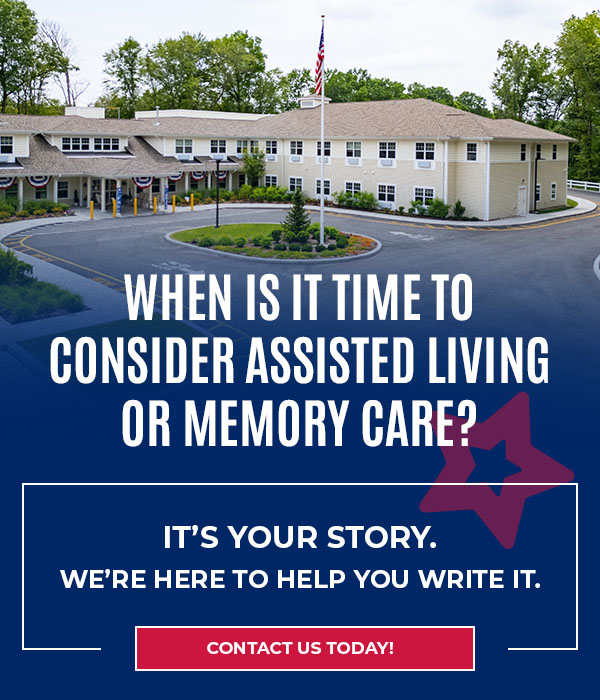As memory loss progresses, many families start considering memory care communities that can provide the specialized support their loved one needs.
Understanding what to expect from these communities can help you and your family make an informed decision. From enhanced safety features to personalized care and health plans, memory care communities offer structured environments where residents can thrive.
What Is Memory Care?
Memory care is a specialized type of senior living designed to support people with Alzheimer’s, dementia, or other memory impairments.
These communities provide a structured environment with trained staff available 24/7 to address residents’ unique needs. Unlike traditional assisted living, memory care communities focus on cognitive stimulation, safety, and quality of life, creating spaces where seniors can feel secure and engaged.
The goal is to offer physical care, emotional support, and a sense of belonging in an environment designed specifically for memory loss.
Memory Care Services, Features, & Amenities
When selecting a memory care community, it’s important to understand the variety of services and amenities that contribute to a well-rounded care plan.
Safety
Memory care communities are designed with safety in mind. Features like secured entrances and exits prevent wandering—a common challenge for individuals with memory loss. Alarm systems, motion detectors, and monitoring tools further help protect residents at all times. This creates a safe environment where seniors can move freely without being at risk.
Caring Staff
Another key component of memory care is specialized staffing. Caregivers in memory care communities receive extensive training in dementia care, equipping them with the skills needed to manage behaviors related to memory loss, such as confusion or aggression.
Compassionate staff members work closely with residents to build trust, promote engagement, and reduce feelings of anxiety.
Cognitive Stimulation
Cognitive stimulation is another integral piece of memory care. Residents benefit from a range of activities designed to encourage brain function, such as puzzles, music therapy, and reminiscence therapy.
As the field of memory care evolves, many communities are embracing technology to help enhance the quality of life for residents. Interactive touchscreens and digital platforms offer residents opportunities to engage in brain-training games, connect with family through video calls, and participate in virtual group activities.
These activities are tailored to each individual’s abilities, helping to maintain cognitive skills for as long as possible.
Customized Care
Personalized care plans are created for each resident, customized based on their cognitive level, personal history, and medical needs. This approach helps make sure that care remains responsive and relevant even as conditions progress over time, giving you the confidence that your loved one is receiving the care they need.
Socialization
In addition to physical and cognitive support, memory care communities provide a full calendar of social activities. Group outings, arts and crafts, and fitness classes help create a sense of community and purpose, reducing feelings of isolation that many seniors with memory loss experience. Socialization in a structured setting fosters emotional well-being and helps maintain a sense of normalcy, giving seniors a sense of belonging and purpose.
Nourishing Dining
Finally, memory care communities offer specialized dining services. Meals are designed to meet nutritional needs while being easy to eat. Some communities also use memory cues—such as meal settings designed to evoke a sense of familiarity—to help residents engage with their meals more effectively.
Is It Time to Consider Memory Care?
It can be challenging to know when the right time is to transition your loved one to memory care. However, there are signs that indicate memory care may be necessary to maintain their safety and well-being, including:
- Increased incidents of wandering or getting lost
- Difficulty performing daily activities, such as dressing or bathing
- Heightened confusion, anxiety, or aggression
- Frequent accidents, such as falls or leaving appliances on
- Caregiver burnout or inability to provide the level of care needed
- Noticeable weight loss or malnutrition due to forgetting to eat
- Social withdrawal or isolation
Discover an Impactful Memory Care Community
Finding the right memory care community can be transformative for your loved one and your family.
All American Assisted Living at Enfield offers a compassionate, personalized approach to memory care designed to meet the unique needs of each resident. Reach out today to learn more about how we can support your loved one and provide the care they need to live with dignity and joy.





